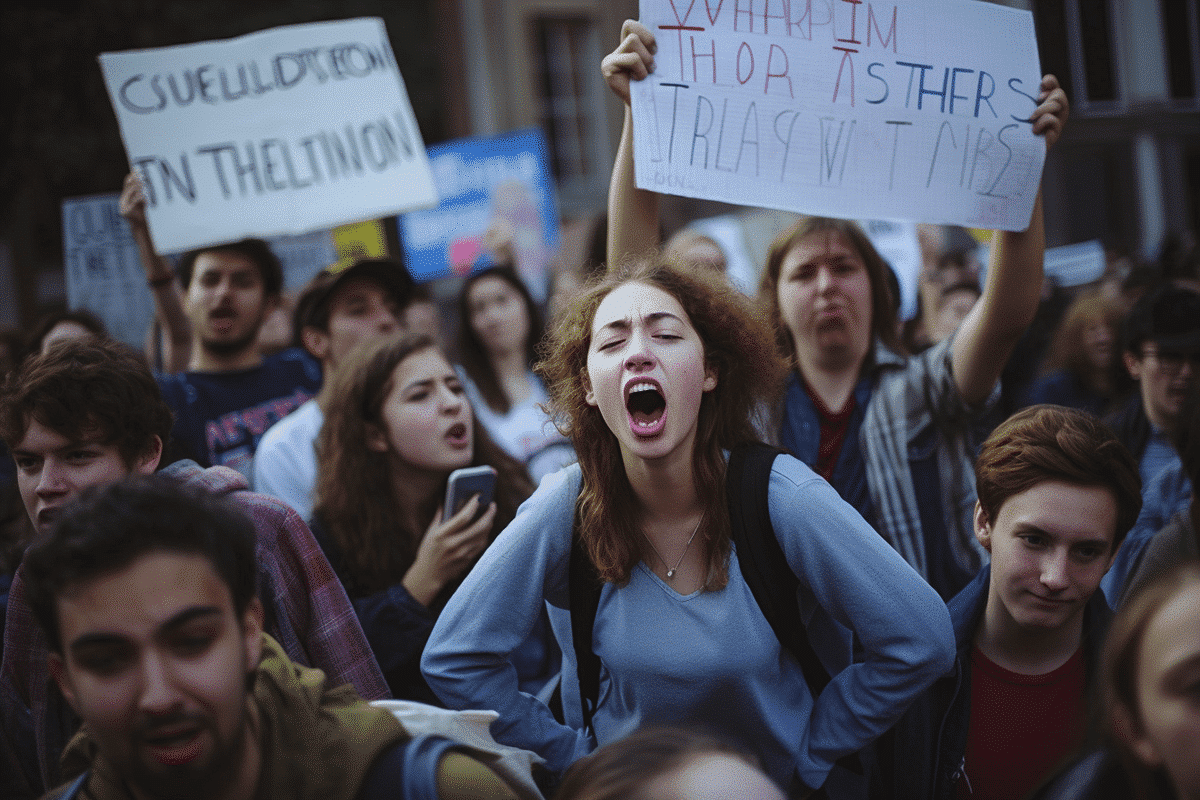As high school seniors prepare to make one of the most important decisions of their lives – choosing the right college – a new factor has emerged in their decision-making process: state politics. In the wake of the Supreme Court’s Dobbs decision in 2022, which overturned Roe v. Wade and opened the door for some states to impose abortion bans, young students are now weighing political considerations alongside traditional factors like school rankings, academic specialties, and campus life.
A Gallup survey conducted in 2022 found that a significant 73% of unenrolled young adults are factoring in reproductive health laws when deciding where to enroll in college. This trend reflects a growing engagement among the younger generation in discussions about politics, state policies, and their impact on their lives.
For some students, like Grace from South Carolina, the prospect of living in a state with limited access to abortion has become a cause for concern. They worry that such restrictions may extend to other aspects of women’s rights. Even parents are finding themselves caught off guard by these considerations, as they grapple with the evolving priorities of their college-bound children.
Another family in Columbus, Ohio, the Sonys, has made access to nonrestrictive reproductive health care a nonnegotiable criterion when choosing a college. Their experience with an abortion ban in Ohio led them to prioritize schools in states with more liberal laws regarding reproductive health. The recent addition of abortion access to Ohio’s state constitution has provided them with more options.
Abortion access is not the only legislative concern on the minds of students. Gun laws and LGBTQ+ rights also weigh heavily in their decision-making process. In a poll taken last spring, a quarter of high school students, regardless of their political leanings, ruled out colleges solely due to the political policies in their prospective states.
These concerns have forced agonizing decisions for some students, who are willing to make sacrifices to avoid certain conservative states. LGBTQ+ students like Aly Phillips, who identifies as nonbinary, fear that laws could change rapidly in conservative states, making them feel unsafe and unwelcome.
Christina Taber-Kewene, a college admissions counselor, has seen similar situations with her clients. Some are willing to forgo state scholarship programs to leave conservative states for a more inclusive environment.
While politics play a significant role in students’ college choices, financial considerations are still a priority for many families. Scholarships and financial aid often come into play, leading to debates within families about which factors should take precedence.
The trend of young students considering state politics in their college decisions reflects a more engaged and vocal college-bound population. These considerations are reshaping the way families approach this important decision, as they balance political beliefs, financial constraints, and the desire to find a welcoming and supportive environment for their college experience.



